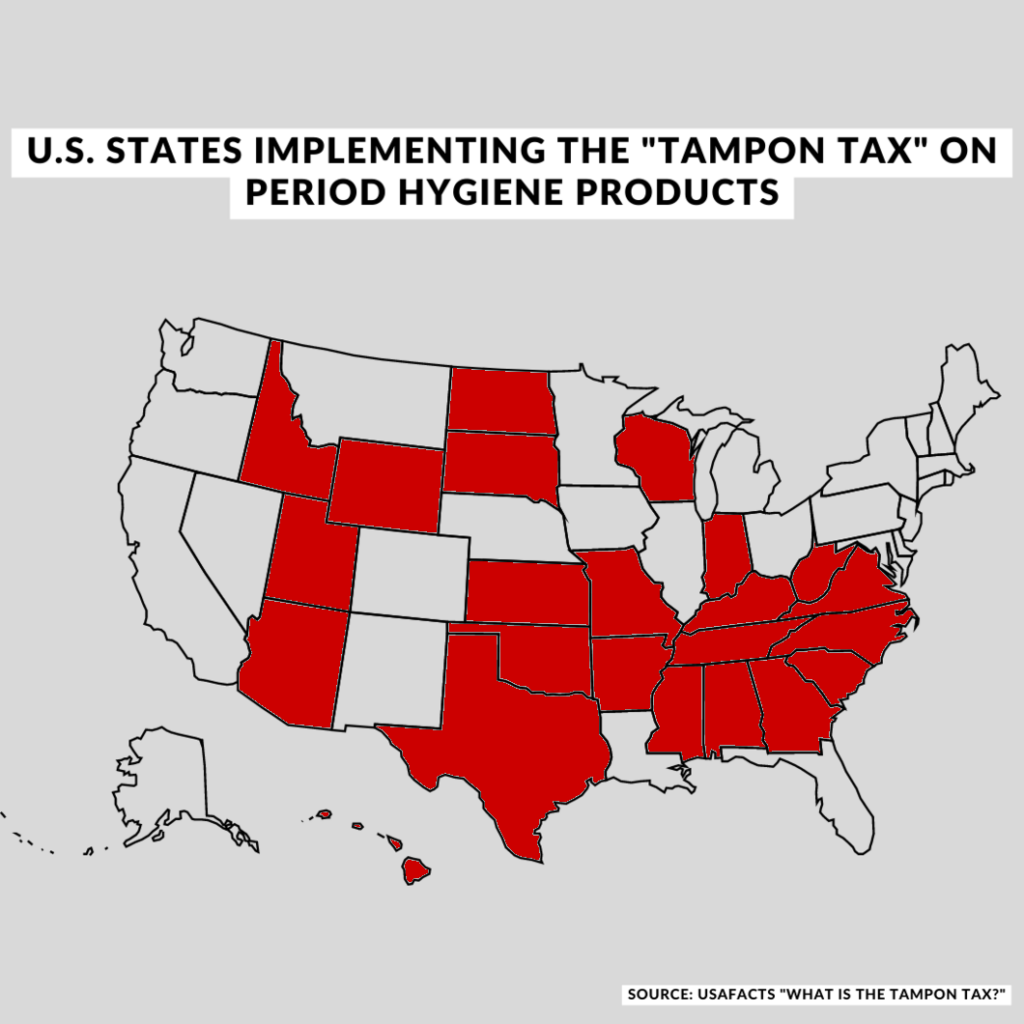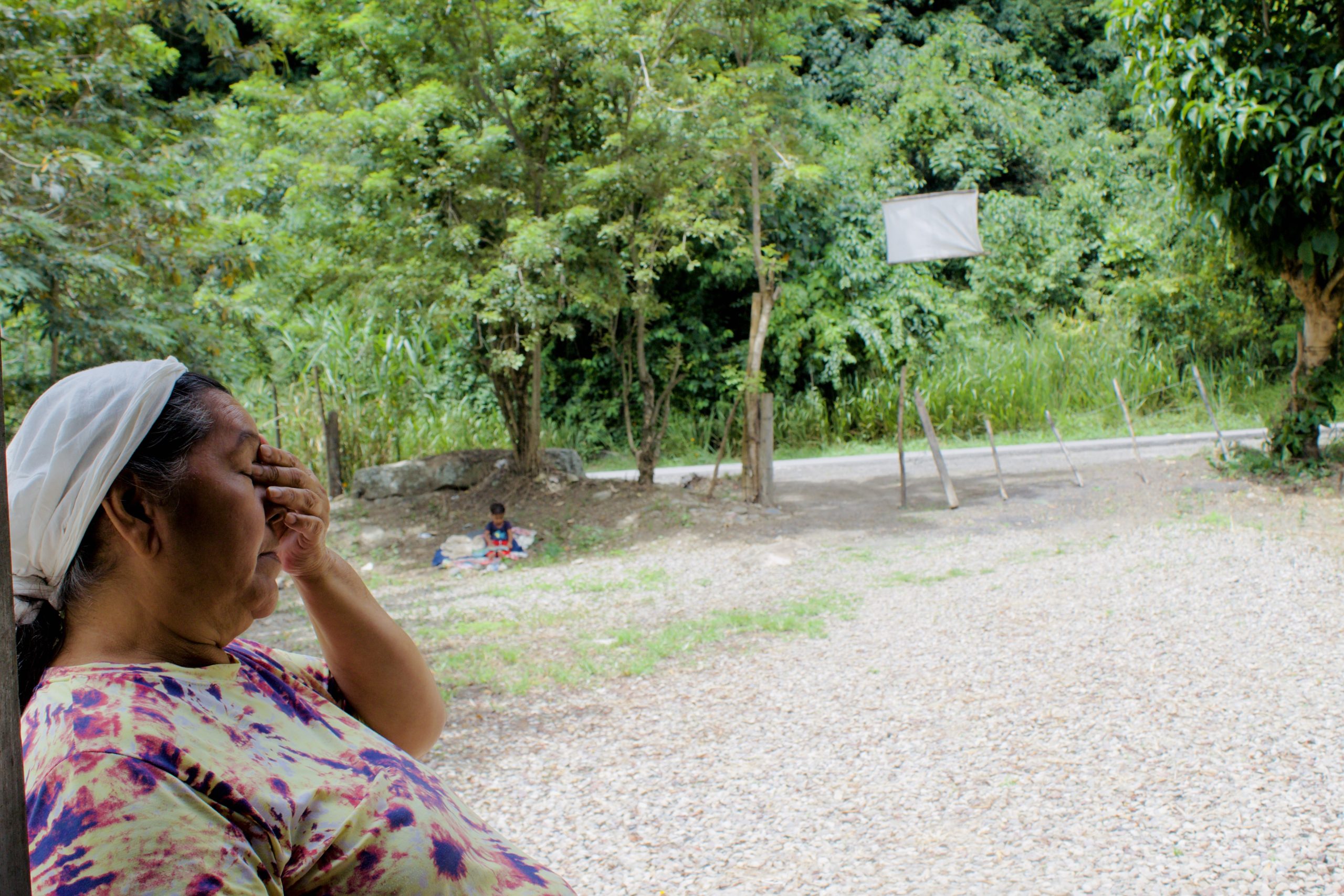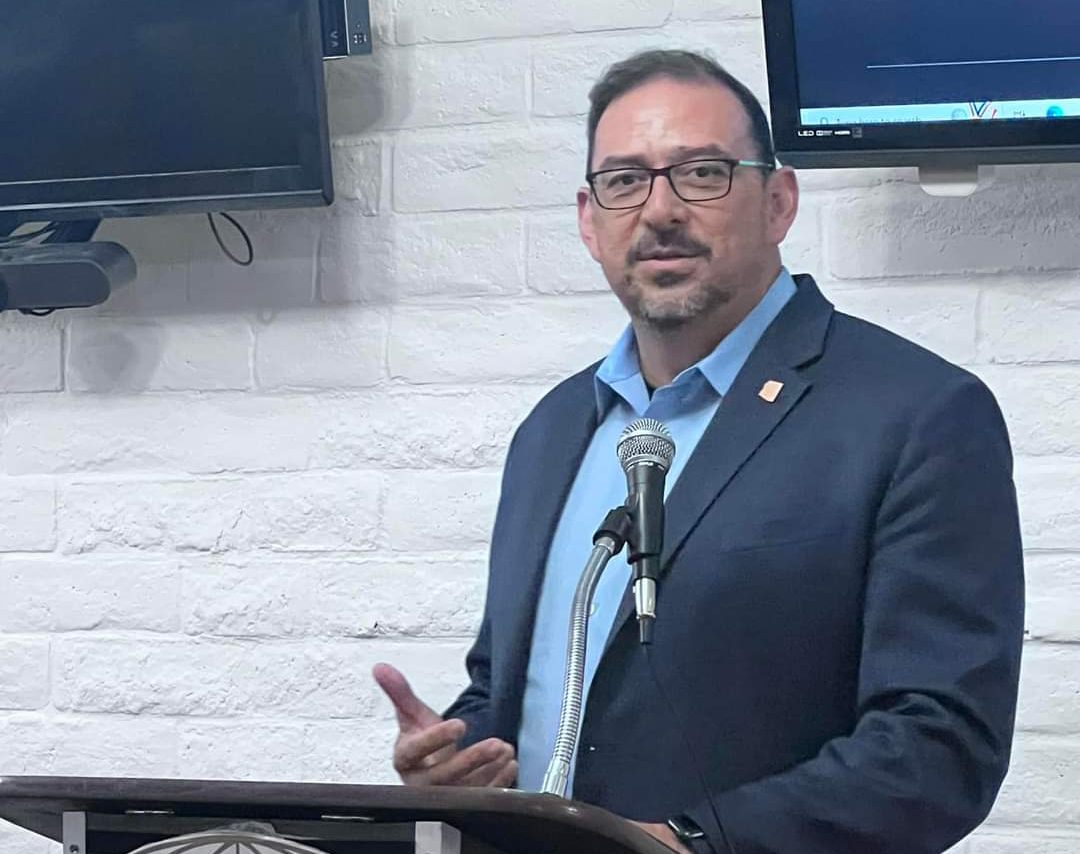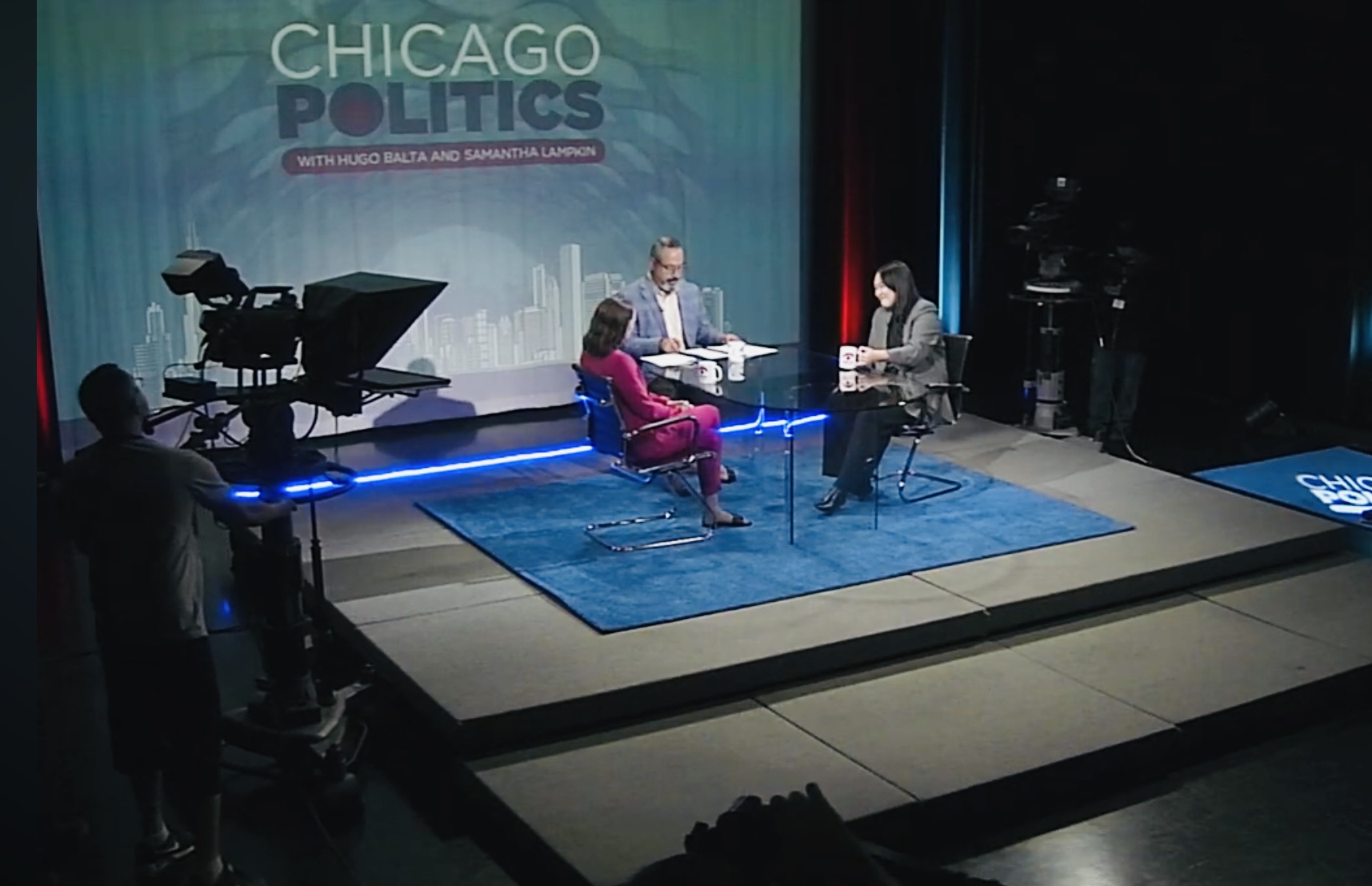Scotland made international headlines in August becoming the first country to provide free period products to its citizens. While the U.S. isn’t there, legislation supporting menstrual equity has been cycling through multiple states increasingly over the last few years. Illinois has been progressive on this issue, becoming the third state to end the “tampon tax” in 2016, and introducing and implementing several bills into law in 2021 and 2022.

With so many bills being introduced, it can be difficult to keep track of what’s become the law of the land. IL Latino News spoke to legislators and other parties involved to figure out who these laws are designed to support.
Low-income people
16.9 million U.S. menstruators live in poverty, making the price of hygiene products extra costly. Without government aid, some people in need rely on community-driven initiatives for pads, tampons and pantyliners.
“I’m hoping that the bill HB 155 can close a part of that gap because right now you can get menstrual hygiene products in food pantries or little donation events here and there however, it’s not enough,” said House Representative Barbara Hernandez.
Rep. Hernandez introduced the bill to allow SNAP and WIC recipients to use their benefits to purchase diapers and period products. It is already a public act, effective January 2022. In theory, it would benefit a percentage of the 1,090,161 Illinois households receiving SNAP. In actuality, no one is benefitting right now.
Because SNAP and WIC are federally funded programs, the state initiative cannot be enacted upon without a waiver approved by the U.S. Department of Agriculture’s Food and Nutrition Service.
“I’ve been trying to contact a few Congress individuals that can push this to increase the funding for SNAP but also include menstrual hygiene products in SNAP in order for us to apply for this waiver and make it legal in Illinois,” said Hernandez.
People experiencing housing insecurity
House Representative LaToya N. Greenwood sponsored the Feminine Hygiene Products for the Homeless Act in 2021, providing free products in all shelters that serve temporary housing to women or youth.
She said hearing stories of what people used to supplement products prompted her into action.
“The reusing feminine napkins, makeshift napkins, paper towels and newspapers, it was like where are we living? We’re living in the United States, why is this happening? I couldn’t comprehend it but I knew that it was something that needed to change.”
This law states that shelters are only required to comply if they have availability of funds in their general budget for products. Rep. Greenwood expressed her desire to follow up and hold institutions accountable.
“I think sometimes we pass legislation and we just think everything is going the way we intended it to go and then you find out it’s absolutely not going the way you intended it to go, so we need to have some real conversations about that with directors of departments to find out where we are at,” she said.
Public schools students
2017’s Learn with Dignity Act mandated public schools (grades 6-12) to provide free “feminine hygiene” products in restrooms. 2021’s House Bill 156, led by Rep. Hernandez, switched the original gendered language to “menstrual hygiene”, expanded coverage to fourth grade, and required boys and gender-neutral bathrooms to contain free products as well.
“That one got the most pushback because the concept of the whole ‘what is a woman’ and ‘men don’t have periods.’ That was a big effort to create awareness, educate the public and really get people to get on board,” said Maureen Keane, Co-founder of She Votes IL.
Chicago Public Schools (CPS) introduced girls+ and boys+ restrooms in 2021 as a gender-affirming initiative for students, despite backlash from some parents.
“The reality is that in a few years we might see more transgender youth and I want to make sure that we’re taking those steps ahead now to make sure that they feel comfortable going to those restrooms whenever they need,” said Hernandez.
“Our goal is really [to have products] in all buildings, all bathrooms,” said CPS Executive Director of the Office of Student Health and Wellness (OSHW) Tarrah DeClemente.
The products are stored in metal dispensers traditionally found in public restrooms. According to DeClemente, a supply chain issue of these dispensers has slowed the integration of free products in all required restrooms.
“All schools have product, it’s just a matter of getting it into the boys+ restrooms, but all schools have dispensers and products in girls+,” she explained.
Anecdotal research by NPR Illinois suggested that products were not available in all public Illinois schools in 2020. IL Latino News is investigating the current status of implementation in CPS.
Incarcerated Illinoisians
Rep. Hernandez’s HB 4218 passed in December, requiring all Illinois Department of Corrections facilities to provide menstrual hygiene products for free and as needed, for all incarcerated people who menstruate.
She Votes IL worked heavily on drafts of this bill and Keane says they were adamant about including underwear as period supplies – an item that usually isn’t included on these lists and an essential that isn’t accessible to all committed people.
“If you need new underwear you need to buy them at the commissary. If you need more than six pads you need to buy them at the commissary,” she said. Under the new policy, free underwear must be given free of charge, and upon request, including multiple requests.
“It’s a denial of basic human rights to expect incarcerated Illinoisans to manage on a limited supply, said Rep. Hernandez.
The future of menstrual equity
2022 closed with initiatives produced by Illinois legislators at the federal level.
“It’s picking up. People are being open minded about this and I know here in the state some people looked at me like ‘why are we talking about this? Why are we legislating about it?… But I realized that it is a big issue, not only in Illinois but across the country,” said Rep. Hernandez.
IL Congressman Sean Casten and NY Congresswoman introduced the Period PROUD Act of 2022 to make menstruation more affordable for all Americans.
In the press release, Rep. Casten stated “The Period PROUD Act removes that cost-barrier for the 22 million women living in poverty and ensures that a period will never have to prevent someone from going to school or showing up to work. Menstruation is a natural process and the products it requires should be freely accessible.”
_________________________________________________________________________________
Publisher’s Note: “What is the State of Menstrual Equity in Illinois?” is part of a series of stories on period poverty in Illinois supported by the USC-Annenberg Center for Health Journalism. ILLN Editor, Reporter Annabel Rocha was selected as a 2022 National Fellow to explore challenges impacting child, youth and family health and well-being in the U.S.
Please consider participating in the Addressing Period Poverty or Abordando La Pobreza Menstrual surveys. We want to know your experiences dealing with menstruation and/or period poverty. In collecting this information, we hope to gain insight on how this issue affects those in our communities.
We hope to use the data collected from this survey to shape our storytelling and provide the answers you most want to hear during our upcoming event with WBEZ “Community Conversation: What is Period Poverty?” on Tuesday, Jan. 31.
For more information please contact annabel@latinonewsnetwork.com.




